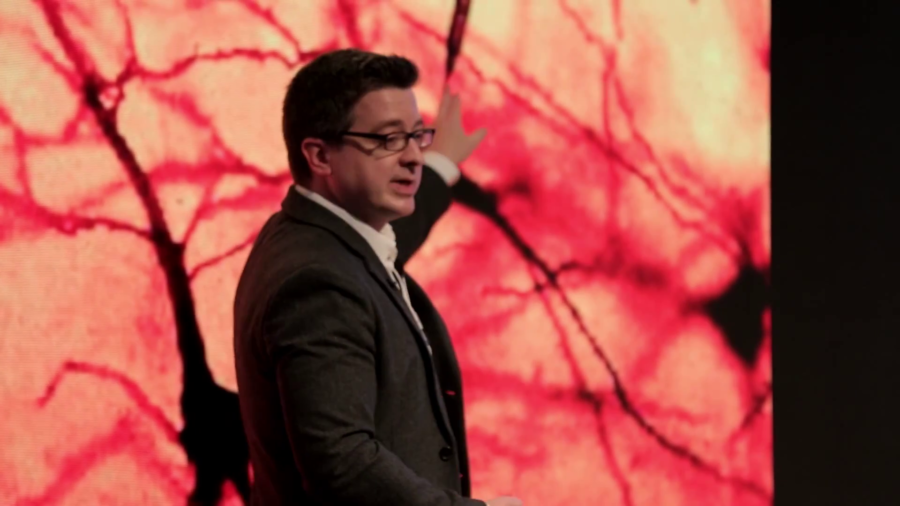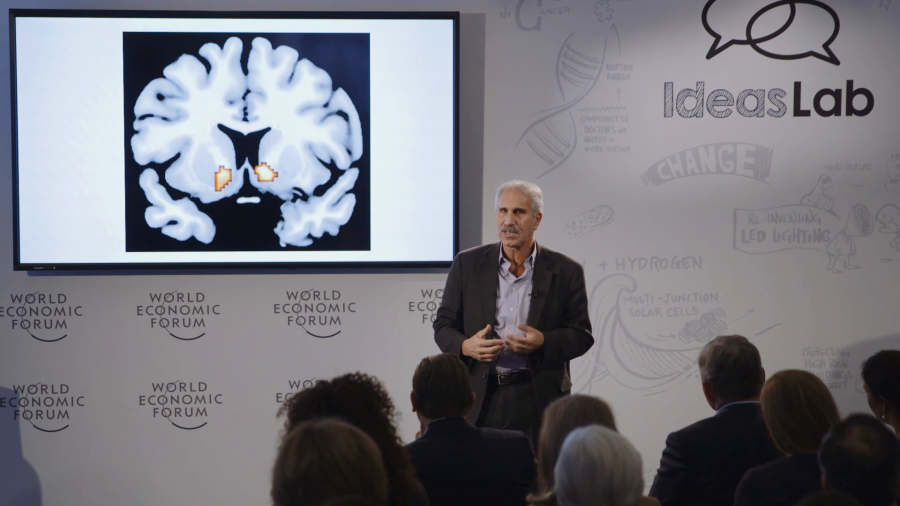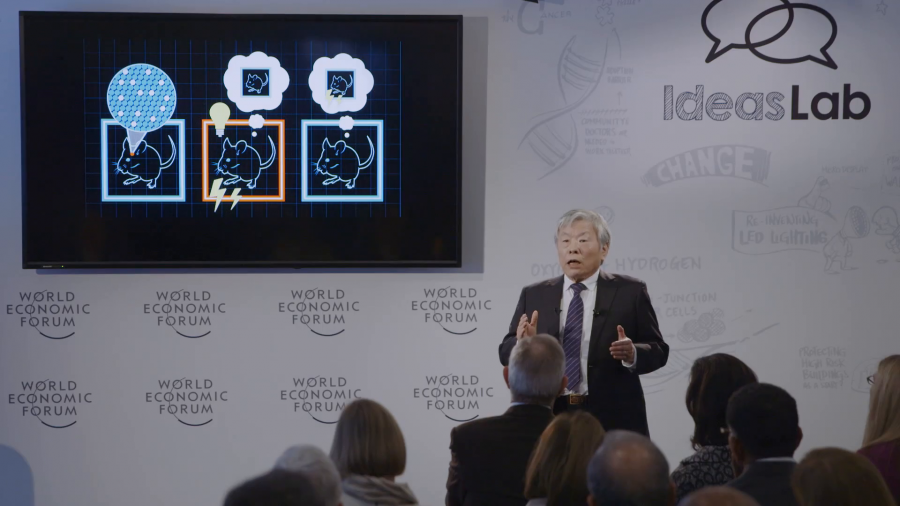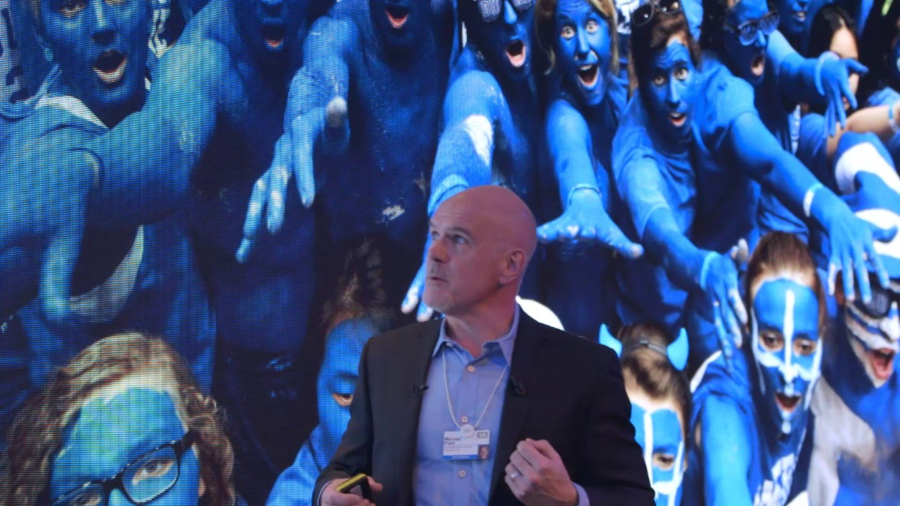It’s wonderful to be here in Davos sharing our commitment to improving the state of the world. And the recipe is really I think quite simple. All you’ve got to do is grow the economy, increase participation in that economy, within a rapidly-changing world, with increasing automation and technology, on a planet that’s straining to meet our resource needs. Piece of cake, right?
Archive

The thing that makes us unique is our complexity. But not complexity in some generic sense. Nature is rife with complexity. What makes us special is the complexity of our brains.

Why do we do the things that we do? Why do we sometimes choose to be loving parents and other times engage in irrational self-destructive behaviors? What drives us to sometimes be altruistic and other times make decisions that really threaten our very survival? Well, the answer lies in our brains. Our brains evolved to ensure that we repeat behaviors that will lead to our survival.

The key molecule of optogenetics is a light-sensitive protein called channelrhodopsin, which is extracted from green algae. Scientists can insert channelrhodopsin into memory cells. Subsequently, scientists can even activate these with blue light which they deliver deep inside the brain with optic fibers.


